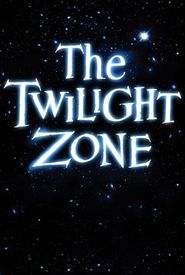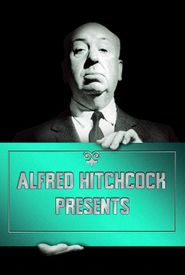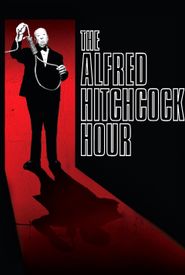Robert Stevens, a director of exceptional skill and ability, was the only one among the many talented individuals who worked on the two Alfred Hitchcock television series to receive an Emmy Award. His mastery behind the camera was also recognized with a DGA nomination in 1957, greatly influencing the half-hour Hitchcock show.
Stevens' collaboration with Hitchcock, as well as his earlier work directing and producing the television classic Suspense (1949),which was adapted from the long-running radio series, were just two of the many highlights in a remarkable career spanning both film and television. As friend a of then-CBS executive William Dozier, Stevens directed two of the earliest episodes of The Twilight Zone (1959),including the pilot episode "Where Is Everybody?" (1959),which sold the series, and the fondly remembered episode "Walking Distance" (1959).
Stevens' work slowed significantly after 1970, and he was referred to as a "television writer" by The Associated Press upon his death from cardiac arrest in 1989, following a tragic incident in which he was beaten and robbed at a rented home in Westport, Connecticut.























